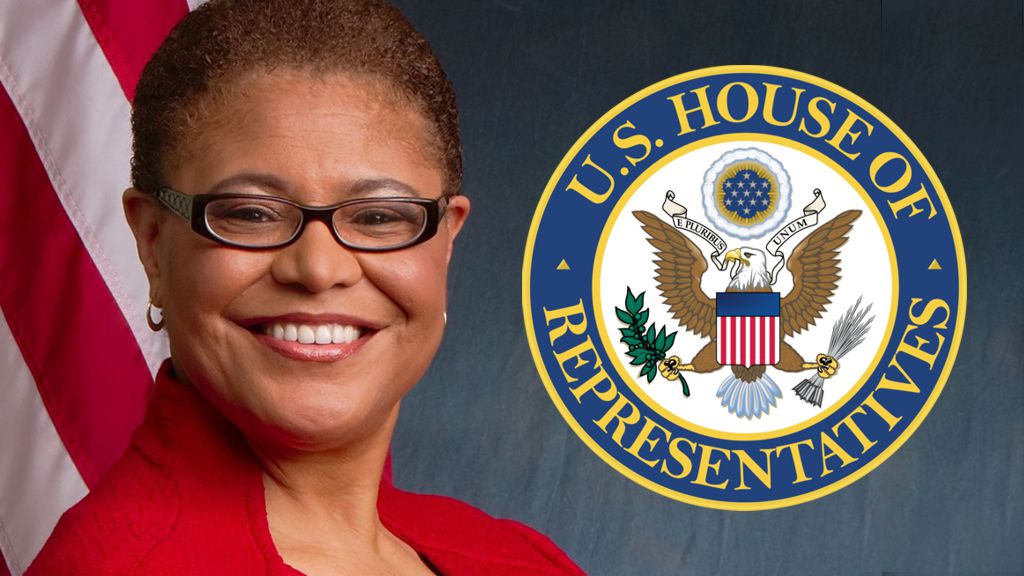To hold law enforcement accountable for misconduct in court, improve transparency through data collection, and reform police training and policies.
House Passes Transformative Bass Police Reform Bill
WASHINGTON – Today, Rep. Karen Bass issued the following statement after the House of Representatives voted to pass the George Floyd Justice in Policing Act of 2021:
“Thirty years ago today, Rodney King was viciously beaten by police officers in Los Angeles. It would be the first time the world would witness what African Americans had been organizing, marching and trying to change for more than 100 years. Personally, I was hopeful that once everyone saw what happens in Black communities, policing in America would change. I was certain no one would deny what they saw with their own eyes and the officers involved would be held accountable for their actions.
“I was wrong.
“Now, thirty years later, the United States House of Representatives has voted to pass the George Floyd Justice in Policing Act, which is just the first step to transform policing in America by raising the standards for policing in America, and holding officers who fail to uphold the ethic of protecting and serving their communities, accountable.
“I look forward to working with my colleagues in the Senate and across the aisle to ensure that substantive police reform arrives at the President’s desk.”
The George Floyd Justice in Policing Act of 2021:
- Prohibits federal, state, and local law enforcement from racial, religious and discriminatory profiling, and mandates training on racial, religious, and discriminatory profiling for all law enforcement.
- Bans chokeholds, carotid holds and no-knock warrants at the federal level and limits the transfer of military-grade equipment to state and local law enforcement.
- Mandates the use of dashboard cameras and body cameras for federal offices and requires state and local law enforcement to use existing federal funds to ensure the use of police body cameras.
- Establishes a National Police Misconduct Registry to prevent problematic officers who are fired or leave on agency from moving to another jurisdiction without any accountability.
- Amends federal criminal statute from “willfulness” to a “recklessness” standard to successfully identify and prosecute police misconduct.
- Reforms qualified immunity so that individuals are not barred from recovering damages when police violate their constitutional rights.
- Establishes public safety innovation grants for community-based organizations to create local commissions and task forces to help communities to re-imagine and develop concrete, just and equitable public safety approaches.
- Creates law enforcement development and training programs to develop best practices and requires the creation of law enforcement accreditation standard recommendations based on President Obama’s Taskforce on 21st Century policing.
- Requires state and local law enforcement agencies to report use of force data, disaggregated by race, sex, disability, religion, age.
- Improves the use of pattern and practice investigations at the federal level by granting the Department of Justice Civil Rights Division subpoena power and creates a grant program for state attorneys general to develop authority to conduct independent investigations into problematic police departments.
- Establishes a Department of Justice task force to coordinate the investigation, prosecution and enforcement efforts of federal, state and local governments in cases related to law enforcement misconduct.
The full text of the JUSTICE Act and a section by section analysis can be found here.








